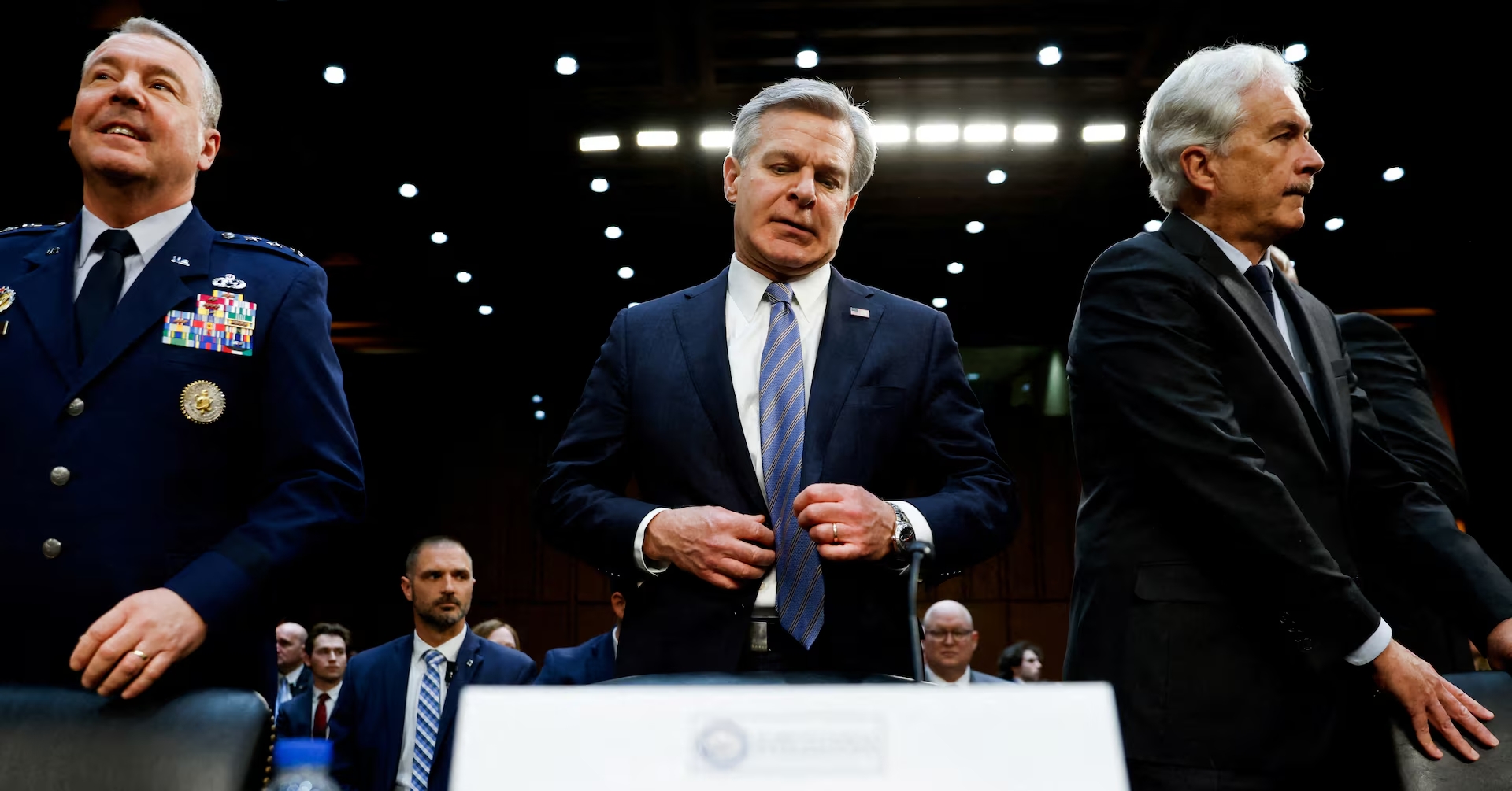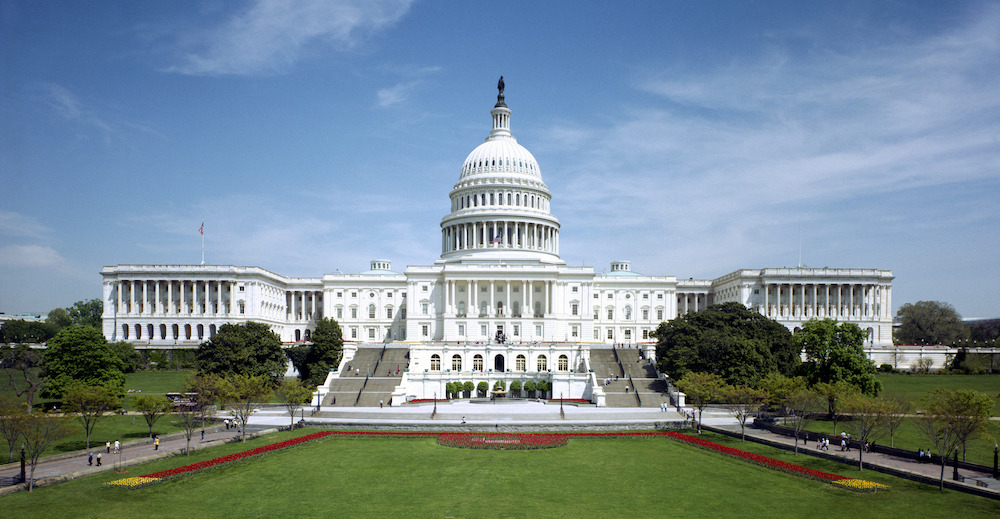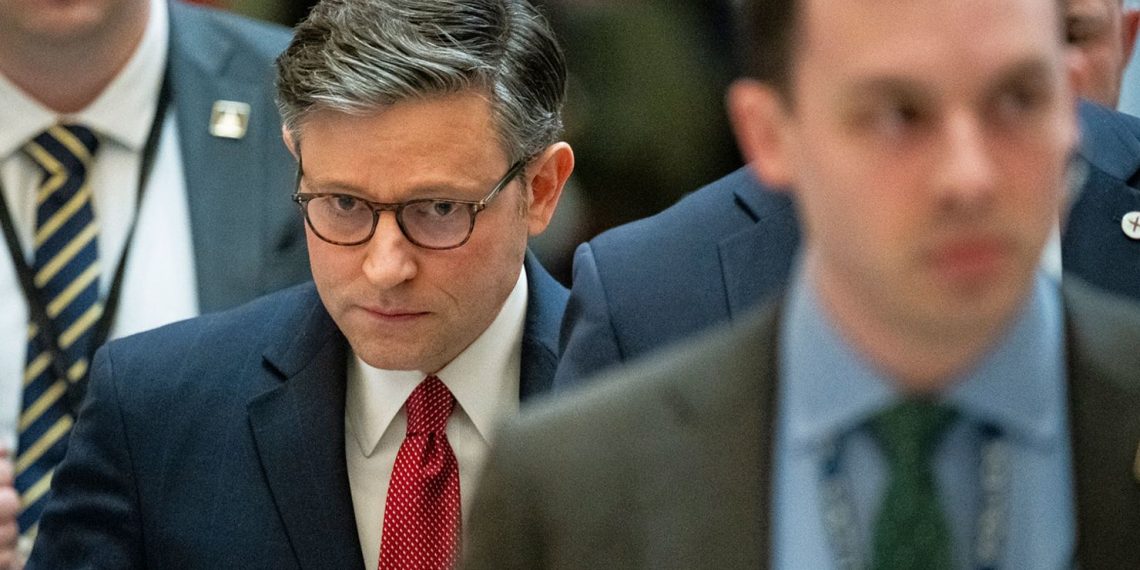The U.S. House of Representatives is gearing up for another vote on surveillance legislation, slated for Friday, following a setback earlier in the week.
This move comes after discussions involving former President Donald Trump and nearly 20 of his supporters, which prompted House Speaker Mike Johnson to revise the proposed surveillance authority.
Originally set for five years, the updated version now limits the authority to two years, addressing concerns from both Democratic and Republican critics.

With a slim majority of 218-213 in favor of Republicans, Johnson faces the challenge of securing broad support from his own party to pass the bill, especially if it encounters opposition from House Democrats.
The legislation’s fate largely hinges on how well it is received within the Republican ranks.
Initially opposed by Trump due to concerns about government overreach, the revised two-year extension is seen as a compromise that could garner broader support.
Lawmakers, including prominent hardliner Representative Chip Roy, suggest that Trump’s influence has played a pivotal role in shaping the legislation’s direction.
The Foreign Intelligence Surveillance Act (FISA), introduced post-9/11, grants the government surveillance powers over non-U.S. individuals without requiring court approval. However, it also allows for the inadvertent collection of communications involving U.S. citizens.

Trump’s contentious relationship with intelligence agencies, stemming from the FBI’s investigation into his 2016 campaign, has further complicated discussions around FISA’s renewal.
Despite past objections, the Department of Justice’s 2019 findings concluded that Trump’s campaign had no direct ties to Russia but highlighted instances of obstruction.
As the House prepares for the upcoming vote, the focus remains on striking a balance between national security interests and protecting civil liberties.




